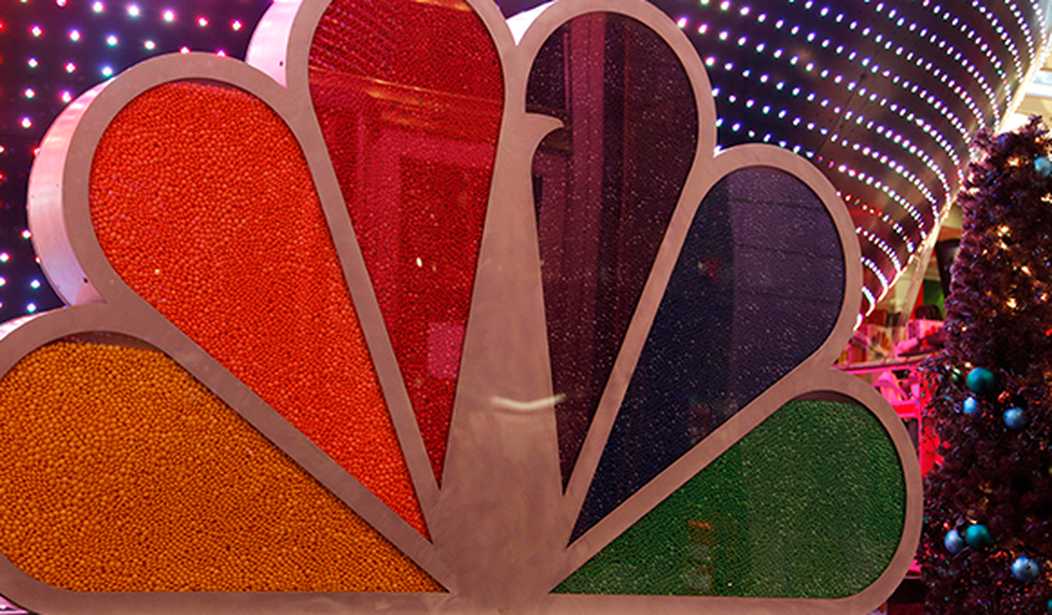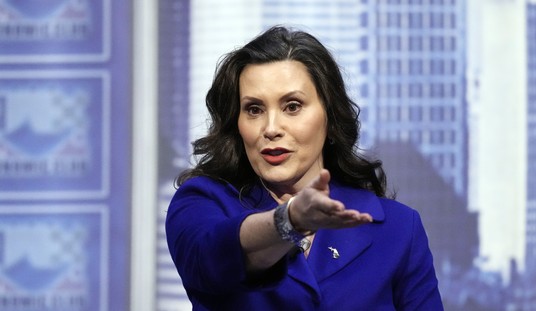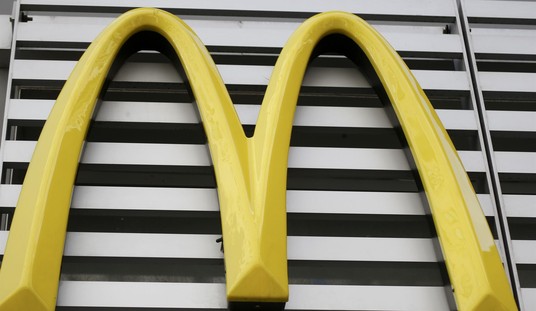One of the left's biggest problems is not that it can't keep its eye on the ball; it's that they're focusing on the wrong one.
Perhaps it's because, in the past, when the left did its Alynskyite duty to isolate and ridicule a thing into destruction, it usually worked. The thing was obliterated in the public eye to a point where it was either laughed at or ignored altogether.
But Donald Trump was never destroyed, neither in public opinion nor bodily, despite their best efforts. So they kept going... and going... and going. They kept going so much that they forgot Alinsky's seventh rule, which is "a tactic that drags on too long becomes a drag."
The left is, at this point, a drag.
Hollywood, the long-time propaganda arm of the left, hasn't gotten this message any more than the rest of the left has. In fact, I'd go so far as to say the bubble many of the leftists in Hollywood are trapped in is more ignorant and angry than the rest of its cohorts. They believe they're in a life-or-death struggle with the forces of evil, and evil is orange and wears a blue suit.
This is why, when Stephen Colbert was canceled and Jimmy Kimmel was tossed off the air temporarily, Hollywood took it the least well. I can't blame them. They likely see themselves in Colbert and Kimmel, and they should. The issue is that they perceive this as a strike against art, an attempt at censorship, and the collapse of the world at the behest of Trump and conservatives.
I know that, because The Hollywood Reporter released one of the most ridiculous articles I've read from a major publication in some time, and that's in full knowledge that the New York Times releases at least one or two daily. THR's latest piece describes the attack on Kimmel as a right-wing plot that's been in the works for years, and I can't help but picture the writer of the piece, Steven Zeithcik, wearing a tinfoil hat and rocking back and forth in his seat as he wrote the following lines:
No one was laughing last week when a combination of economic and governmental pressures got executives from those same networks to take a Charlie Kirk-commenting Jimmy Kimmel off the air for five days in all of the country (and a little longer in the Nexstar and Sinclair parts of the country), following the decision to eventually remove Stephen Colbert’s show from the airwaves permanently (as of next May). Now when Trump says “they’ll take a great story and they’ll make it bad, see, I think that’s really illegal,” as he did last week, network executives don’t shrug. They act.
In other words, if Trump doesn't like what's being said on air, networks will ask how high they need to jump before Trump even demands they leave the ground. This is a ridiculous claim to make, because if that were true, then there wouldn't be any networks left but Fox News, OANN, and Newsmax. The legacy media is still rife with anti-Trump nonsense. For instance, "The View" is still aired daily, and no one wants them around but the shrinking number of AWFLs that take whatever's said on it as gospel.
But Zeitchik continues:
Recency bias and a Trumpian cloud of the sui generis can contribute to the belief that what’s happening now on broadcast television, with networks running scared and writing checks in their news divisions, and suspending or canceling performers from their entertainment ones, springs from this bizarre modern moment — a uniquely 2020’s phenomenon in which the real broadcast power rests not in Burbank or 30 Rock but D.C. and the trolling Internet, in he who give cues from Pennsylvania Avenue and those who look to him from across the pod-o-sphere.
This is a lot of fancy wording to say that the internet has a lot of influence on Hollywood. He's right, but not in the way he thinks. I'll get to that after this very enlightening paragraph from Zeitchik:
And in one sense, of course, it is. We live in an unprecedented moment of modern media bullied by forces it once swatted away, thanks in no small part to the power and volatility of a chief executive. But the goals, tactics and personalities pressing hands to television necks didn’t descend fully formed on January 20, 2025. The efforts to eliminate television deemed offensive to conservatives, whether those offenses came on social or political grounds, stretches back nearly 45 years, to a playbook devised by figures like Wildmon and Falwell, carried out by a generation of successors from Brent Bozell to Dan Quayle, and now just reaching its latest, if admittedly most efficacious, rest stop with Brendan Carr and Donald Trump.
You can read the rest of the article if you'd like, but I'll summarize it for you here. Zeitchik spends a lot of time on a conspiracy theory that the conservative movement has spent 40 years, dating back to Reagan, on trying to censor television because conservatives saw it as wildly unfair. He goes into the history of attempts to level the playing field through legislation and activism.
I'm here to tell THR a simple truth: It ain't that deep.
As per usual, the left can't take its eyes off Trump and what it has painted as "MAGA," which, at this point, means anyone remotely supporting Trump. Because they can't stop obsessing over him, they missed the real reason they're quickly losing so much power.
We've moved on.
I've probably said this so often that my loyal readers are going to think they've read this article before, but what Hollywood has been producing over the past 10 to 15 years has been recycled so often that audiences have grown tired of it, and we've just gone elsewhere. It's not politics, it's the market.
Back in 2015, anti-Trump was all the rage in the entertainment sphere, and so they delivered that with some success. A lot of money was made. Around that same time, social justice infected Hollywood to a degree that it began obeying specific rules when it came to writing, casting, directing, and more. No matter where you turned, what YouTube's "The Critical Drinker" called "THE MESSAGE" (insert reverb) was there in some form. Scripts became predictable, characters began to lose their dynamism, stories were made "safe," and leftism was ever-present.
By the time Trump was reelected after the left had effectively divided and ruined our nation, people were just sick of it. Fewer people were turning on the television to watch legacy media tripe; they went elsewhere, like YouTube, to see what individual creators were up to, and they were delivering far better quality entertainment and news with far less budget and pomp.
You could even see this happening in the largest entertainment market, video games, where people were flocking to independent studios to buy lower-budget games over whatever "safe" and recycled nonsense AAA studios were limping to the barn with.
The idea that legacy media figures are sinking because Trump's shadow is growing over the networks isn't true. It's just that they haven't delivered anything truly worth watching in some time. You get the random hit here and there, but it's inconsistent.
The bottom line: Hollywood needs to learn about the market.















